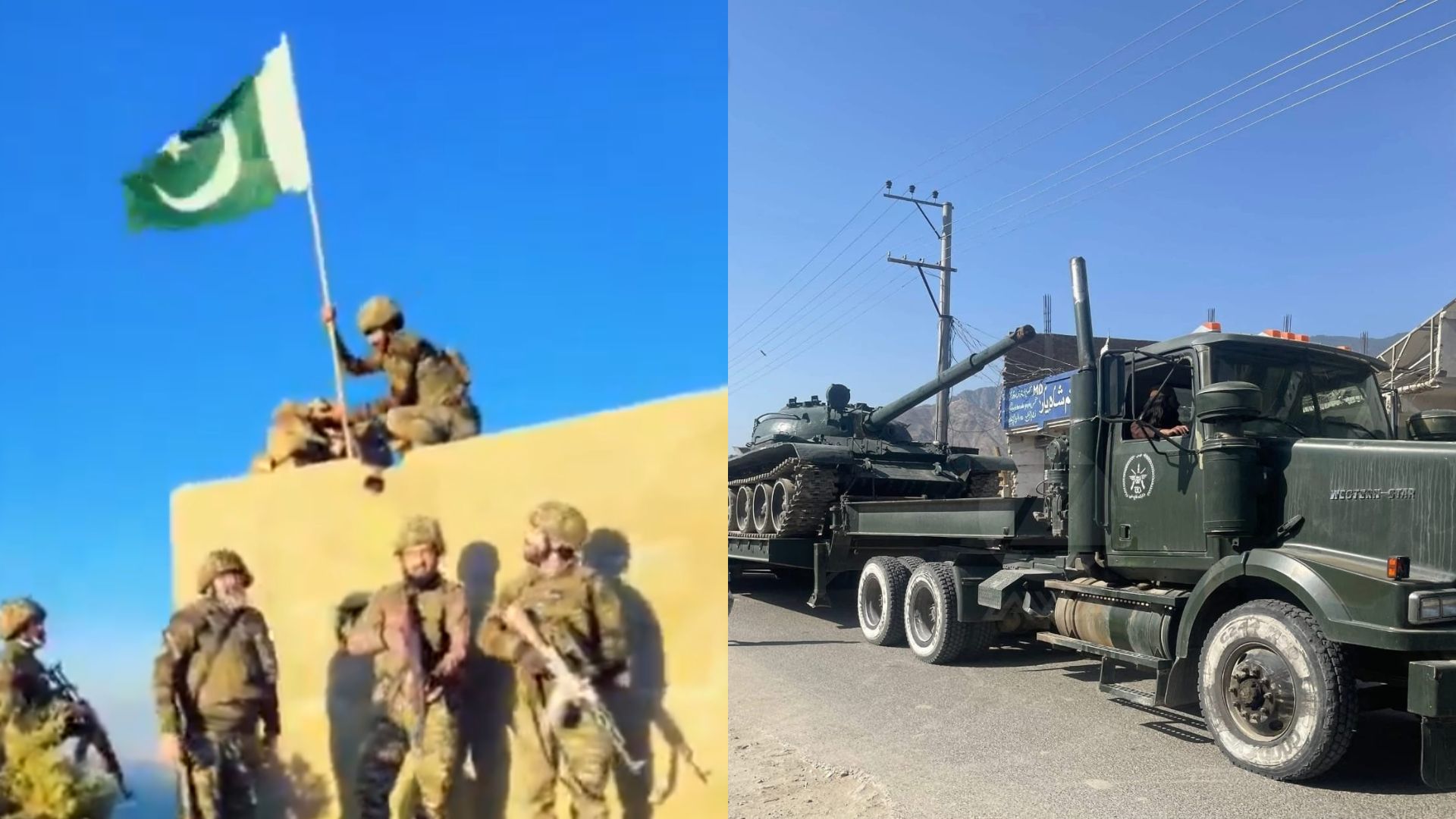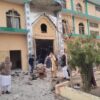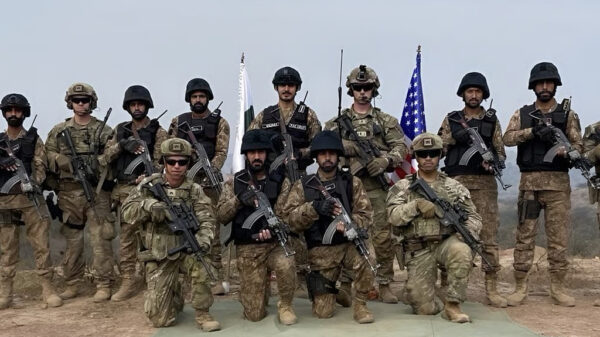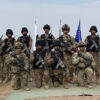Afghanistan and Pakistan exchanged heavy accusations after deadly clashes along their shared border. Afghan officials said their forces killed 58 Pakistani soldiers during overnight operations, while Pakistan put the figure at 23. Islamabad claimed its security forces had captured 19 Afghan border posts and killed more than 200 Taliban and allied fighters. Both sides closed key border crossings following the fighting.
The clashes came after air strikes hit Kabul and the eastern province of Paktika on Thursday. The Afghan Defence Ministry blamed Pakistan for the blasts, though it provided no evidence. Taliban spokesman Zabihullah Mujahid confirmed the Kabul explosion was under investigation but initially downplayed it and did not assign blame. Pakistan did not deny the strikes outright but said the Taliban must act against the Pakistan-based Tehreek-e-Taliban Pakistan (TTP), which Islamabad accuses of attacks inside Pakistan.
The TTP, which formed in 2007, has long waged armed campaigns against Pakistan, demanding the release of imprisoned members and opposing the merger of Pakistan’s tribal areas with Khyber Pakhtunkhwa province. Pakistan insists the group operates from Afghan soil and has repeatedly called it “khwarij,” a term historically used for extremist sects that branded other Muslims as apostates. Kabul has rejected these claims.
Speaking in New Delhi, Afghan Foreign Minister Amir Khan Muttaqi said Kabul had “achieved our military objectives last night” but had “paused it from our side for the time being” at the request of Qatar and Saudi Arabia. He added, “The people of Pakistan, in the majority, are peace-loving and want good relations with Afghanistan. We have no issues with Pakistani civilians. When someone tries to interfere in our internal matters, all civilians, government heads, ulemas and religious leaders come together to fight in the interests of the country. If Pakistan doesn’t want good relations and peace, then Afghanistan has other options as well.”
Regional powers have urged calm. Iranian Foreign Minister Abbas Araghchi called on both countries “to exercise restraint,” while Qatar and Saudi Arabia stressed dialogue and diplomacy to prevent escalation.
The Durand Line, the disputed 1893 border, has long fueled tensions. Afghanistan does not recognise it and considers any activity along it must have approval from both countries. In February, Afghan Deputy Foreign Minister Sher Mohammad Abbas Stanikzai said, “We will never recognise it. Today, half of Afghanistan is separated and is on the other side of the Durand Line,” while the Taliban government called it a “hypothetical line.”
Pakistan’s army warned it will continue to defend its people, saying, “In the interest of regional peace and security, we call upon the Taliban Government to take immediate and verifiable actions to neutralise the terrorist groups. Otherwise, Pakistan will continue to exercise its right to defend its people by persistent neutralisation of terror targets.”






























































